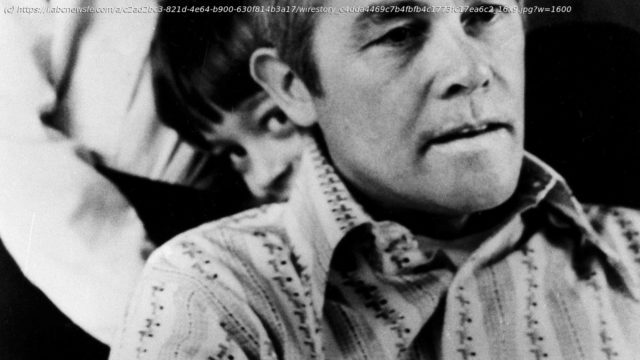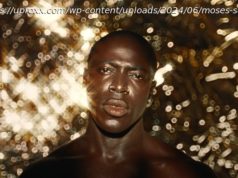Former New Orleans District Attorney Harry Connick Sr. has died at age 97
Harry Connick Sr., who was New Orleans’ district attorney for three decades and later faced allegations that his staff sometimes held back evidence that could have helped defendants, died Thursday at age 97.
Connick died peacefully at his home in New Orleans with his wife, Londa, and children — Suzanna and musician and actor Harry Connick Jr. — by his side, according to an obituary distributed by Harry Connick Jr.’s publicist. A cause of death was not provided.
Connick dethroned an incumbent prosecutor, Jim Garrison, in a 1973 election. He won reelection four times, and successfully built biracial support as the city’s political power base shifted to African Americans.
Connick remained undefeated, and retired in 2003. But he was later dogged by questions about whether his office withheld evidence that favored defendants. The issue came to the forefront with a 2011 U.S. Supreme Court ruling in a lawsuit filed by John Thompson, who was exonerated after 14 years on Louisiana’s death row for a killing he didn’t commit.
In a 5-4 decision, the high court overturned a $14 million award for Thompson, ruling that the New Orleans district attorney’s office shouldn’t be punished for not specifically training prosecutors on their obligations to share evidence that could prove a defendant’s innocence. In a scathing dissent, Justice Ruth Bader Ginsburg decried “Connick’s deliberately indifferent attitude.”
The issue was revived in 2014 when a murder conviction against Reginald Adams, imprisoned for 34 years, was reversed. Attorneys for the Innocence Project New Orleans presented evidence that detectives and prosecutors in the case had withheld critical information before Adams’ 1990 conviction.
Adams later received $1.25 million in a court settlement.
Connick repeatedly declined to comment on the cases. However, in 2012 he defended his legacy in an interview with The Times-Picayune tinged with sports references.
Start
United States
USA — Music Harry Connick Sr., longtime New Orleans district attorney and singer’s dad, dies...






